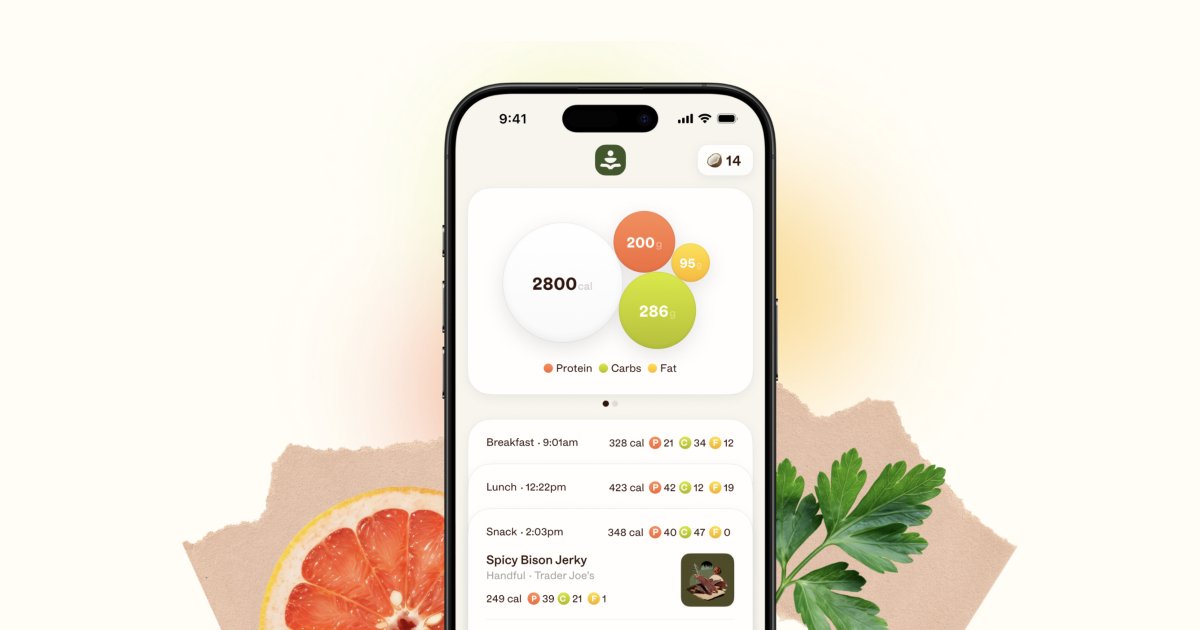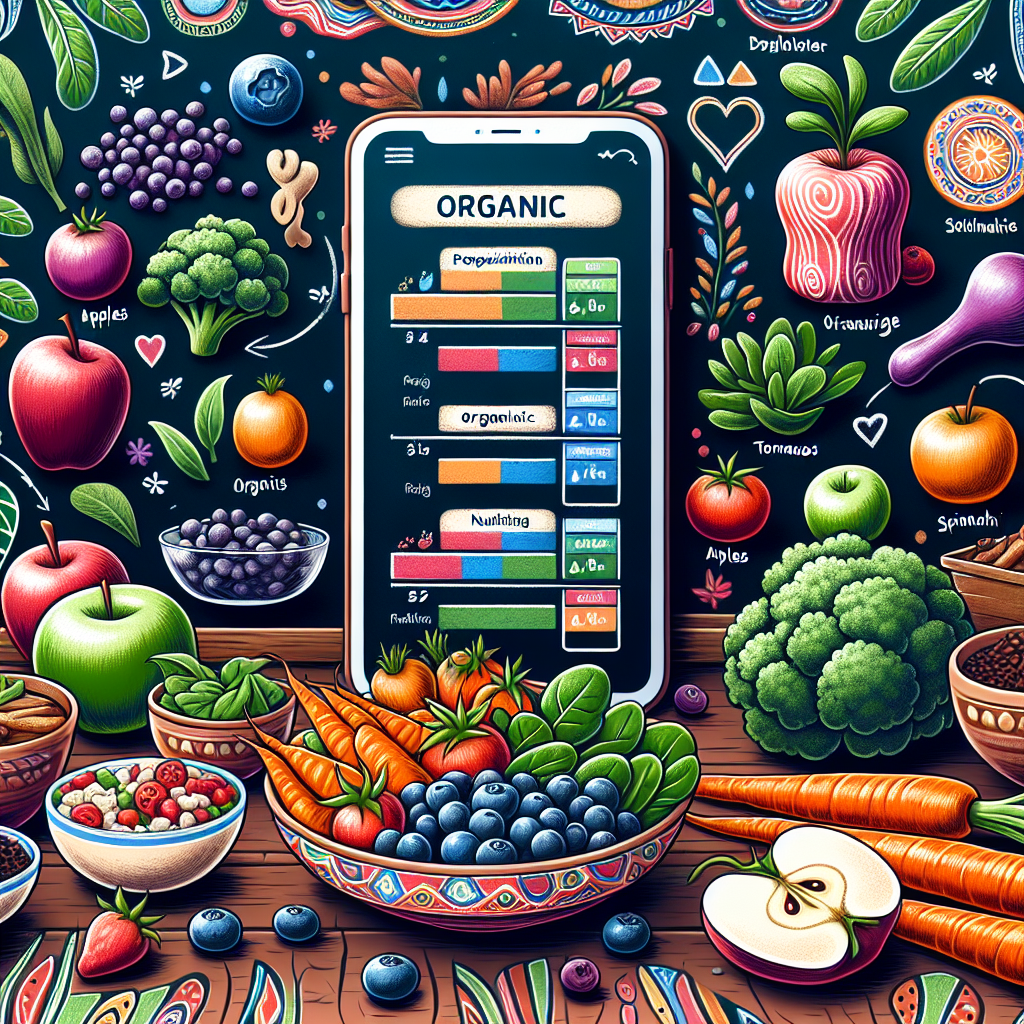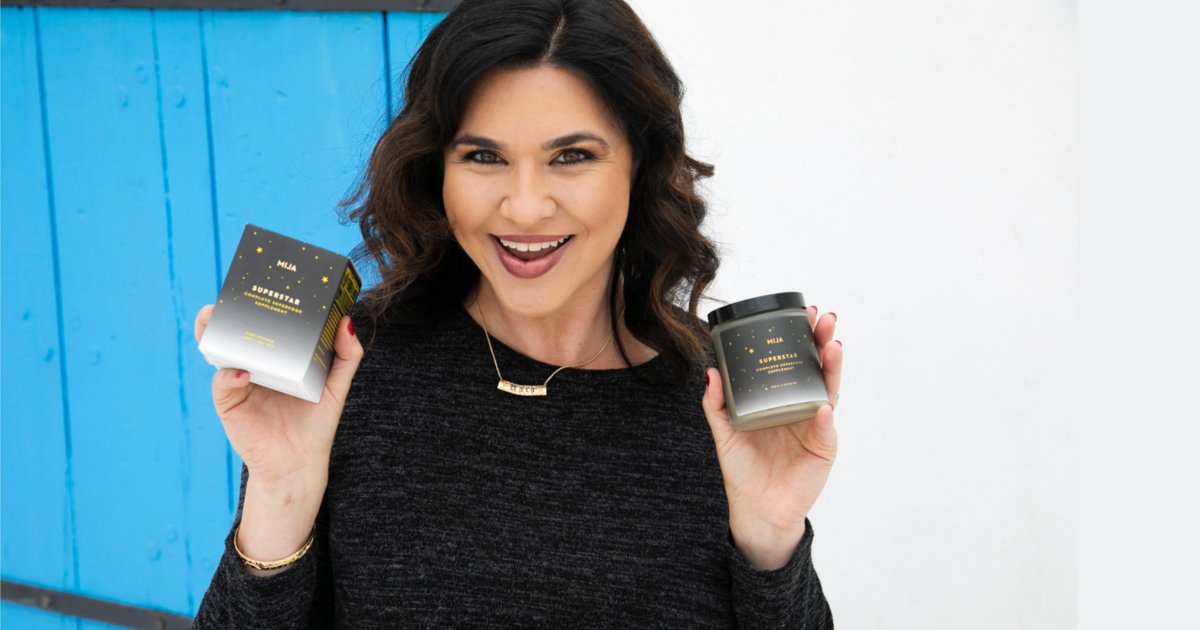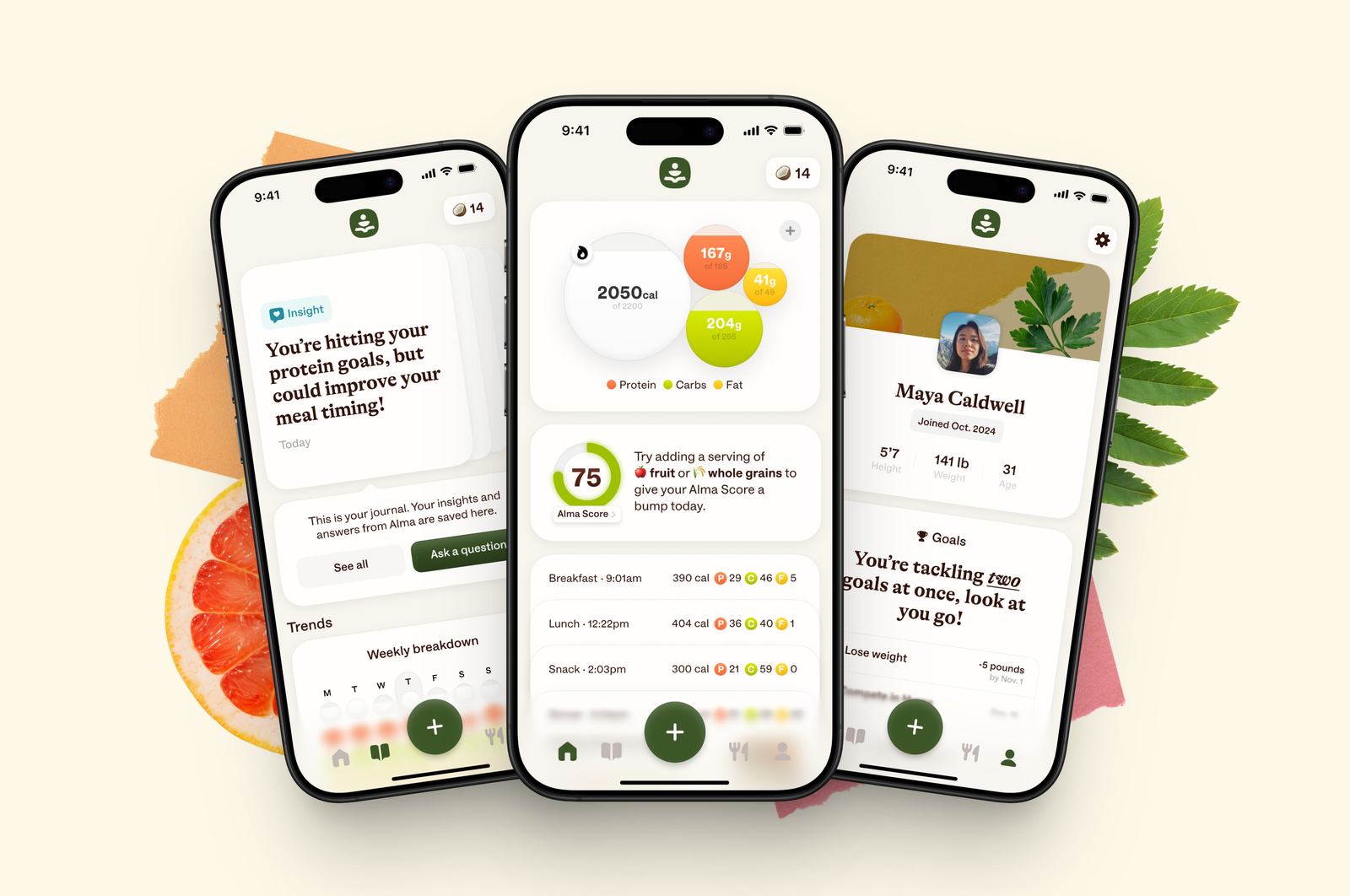Introduction
In a world where fad diets and extreme weight-loss hacks dominate headlines, scientists are turning to something more fundamental: satiety—the science of feeling full. Leading the charge is Dr. Amelia Hughes, a nutritional biochemist at the Satiety Research Institute, whose groundbreaking work is reshaping how we think about hunger and weight management. Her approach reveals that the key to lasting weight loss isn’t eating less, but eating smarter.
The Satiety Index: A New Approach to Eating
Dr. Hughes’s research centers on the “satiety index,” a metric that measures how different foods impact fullness. “Not all calories are created equal,” she explains. “A 200-calorie apple and a 200-calorie cookie affect your body very differently.” Her studies show that high-fiber, high-protein foods trigger hormonal signals that keep hunger at bay, reducing overall calorie intake effortlessly.
Reprogramming Hunger Hormones
Central to Hughes’s work is the role of hunger-regulating hormones like ghrelin and leptin. “When your hormones are out of balance, even the best diet won’t work,” she notes. Her solution? A nutrient-timed meal system that restores hormonal balance and teaches the body when to expect food. Participants in her clinical trials report reduced cravings and sustained weight loss—without deprivation.
Breaking the Cycle of Diet Failure
Most diets fail because they fight biology. “You can’t out-discipline your hormones,” Dr. Hughes warns. Her satiety-first model addresses this by removing the psychological burden of hunger. Clients eat until satisfied, relying on strategic food combinations like oats and eggs or lentils and avocado to stay full and energized.
A Shift in the Weight Loss Paradigm
Dr. Hughes’s work is gaining traction not just among dieters, but also with healthcare professionals. “It’s a return to real science,” says Dr. Nate Ferguson, an endocrinologist who now recommends satiety-based plans to his patients. As Hughes’s model gains popularity, it promises a future where weight loss is not a battle, but a biological partnership.











